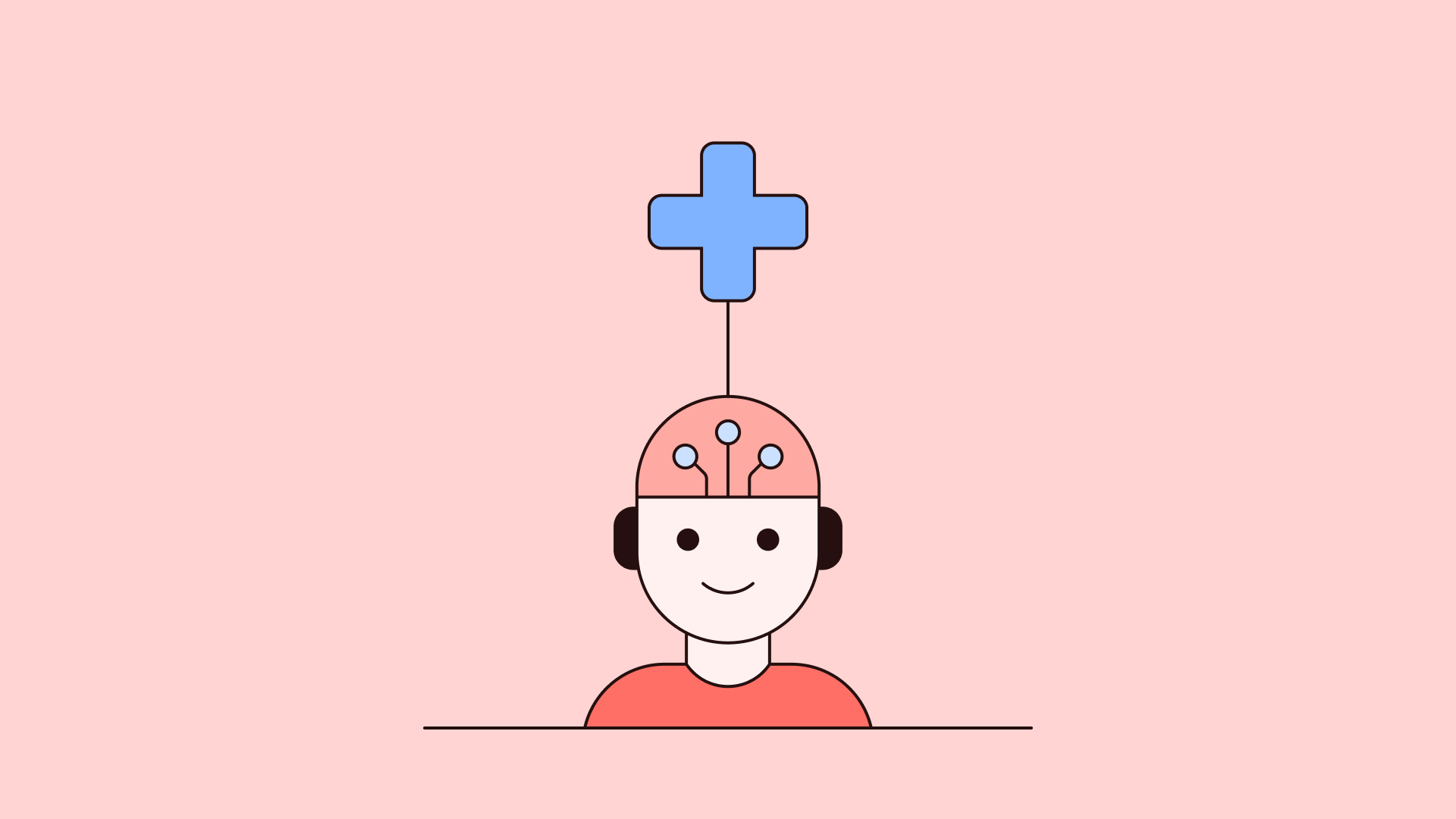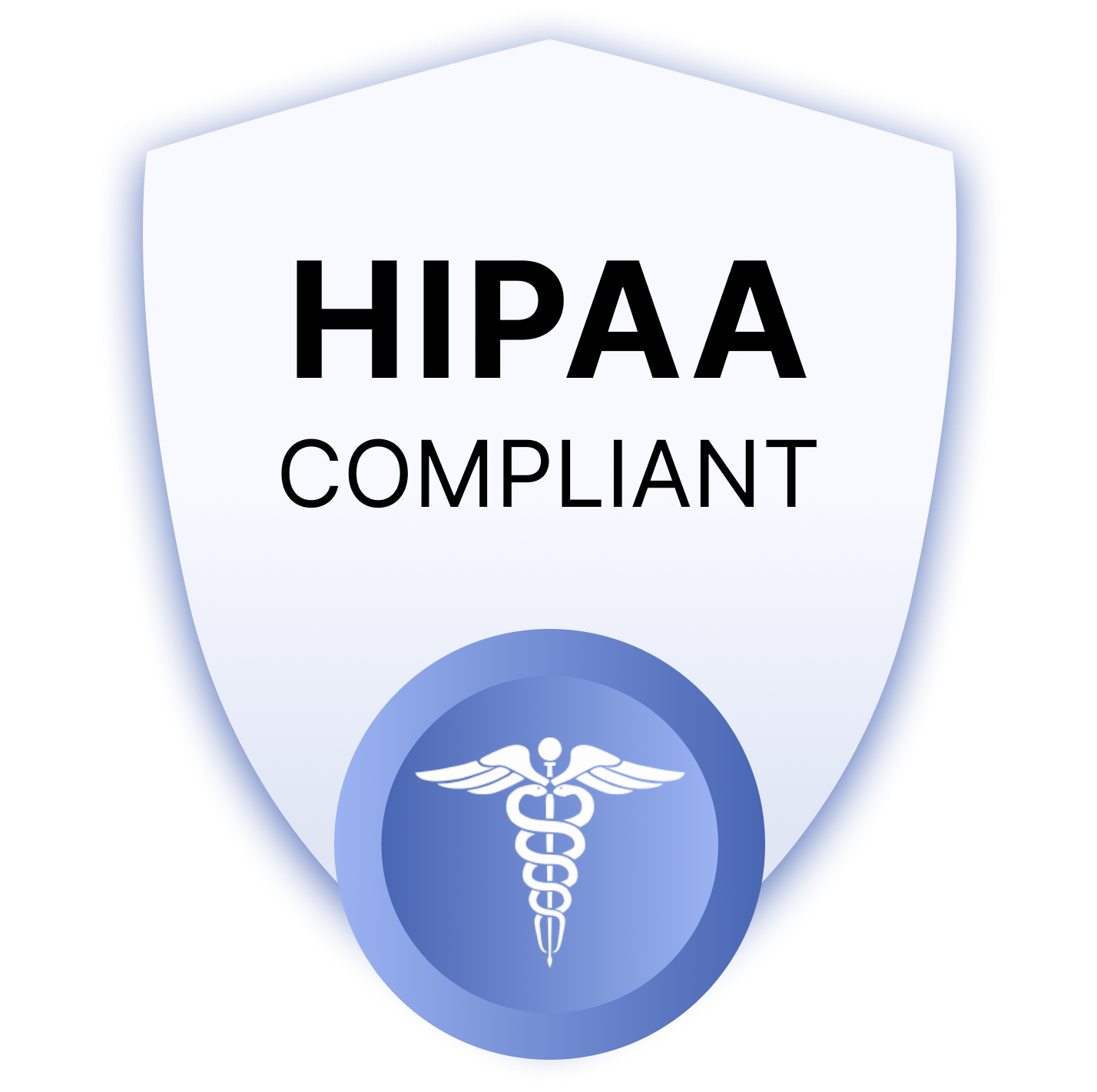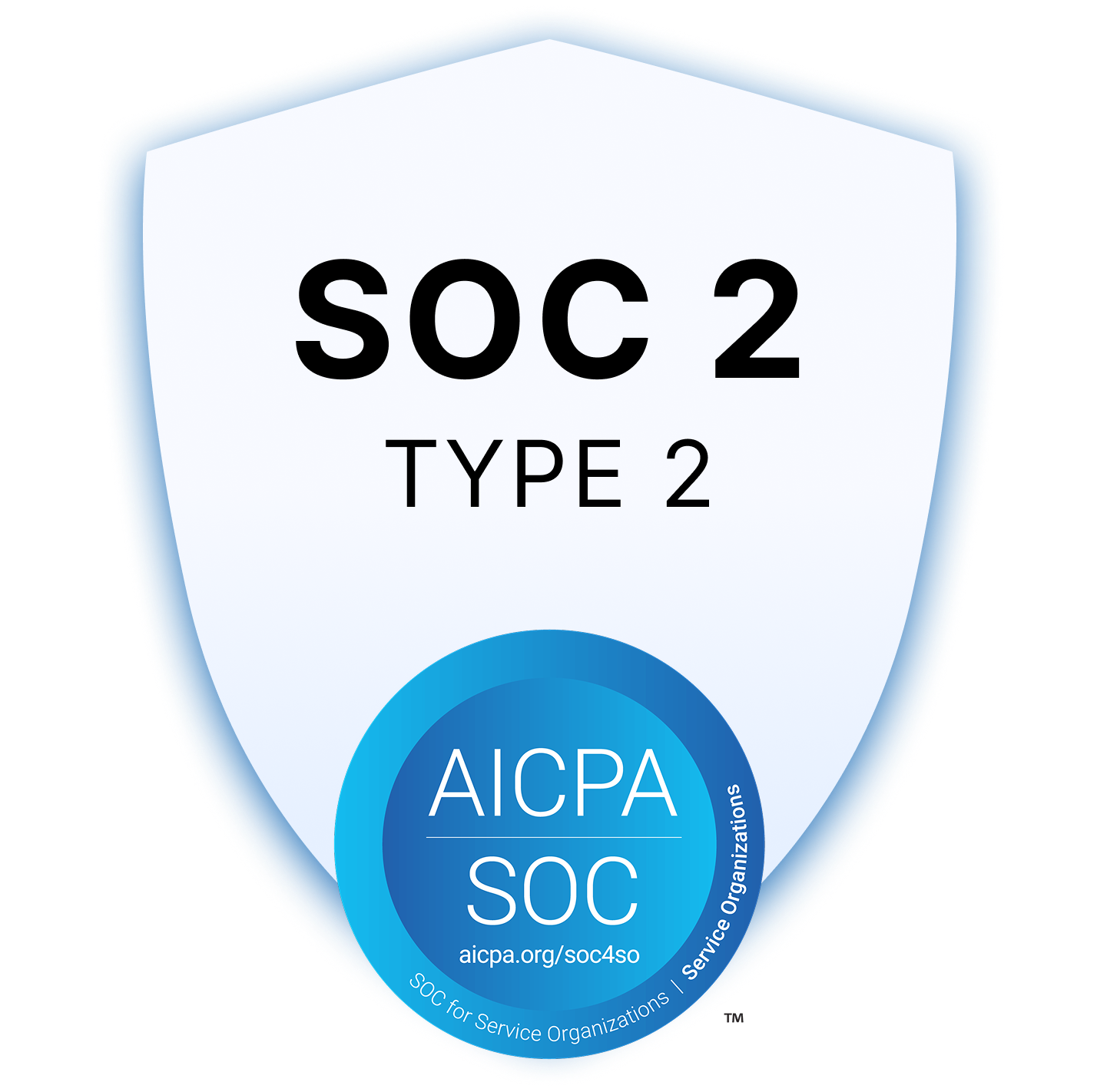
AI in Healthcare
7 min read
AI Virtual Assistant in Healthcare: Use Cases & Examples in 2026
Summary
Your Competitors Are Embracing AI – Are You Falling Behind?
AI virtual assistant tools in healthcare are changing how patients and providers interact. Access to support and information is now faster and more efficient.
These tools help manage appointments, track patient data, and provide tailored advice. They reduce administrative burdens and improve patient care.
The use of artificial intelligence in healthcare settings streamlines workflows. It enhances the patient journey through real-time, conversational support.
In this article, you’ll learn about the main benefits, use cases, and future potential of AI virtual assistants in the healthcare industry.
AI Virtual Assistant in Healthcare: TL;DR
- AI virtual assistants automate repetitive administrative tasks, reducing costs and saving staff time.
- These tools support appointment scheduling, symptom tracking, and follow-up care while improving patient-provider communication.
- Virtual assistants use natural language processing to answer patient questions, provide reminders, and help navigate healthcare systems.
- By streamlining processes, AI assistants enable faster response times and enhance the overall efficiency of healthcare delivery.
What Are Virtual Assistants in the Healthcare Industry?
Virtual assistants in healthcare are digital tools powered by artificial intelligence (AI) that assist both patients and medical professionals. These systems can communicate through text or voice, using technologies like natural language processing to interpret and respond to questions.
Healthcare organizations use virtual assistants for a variety of purposes, such as:
- Answering administrative queries and scheduling appointments
- Providing information about medical conditions or medications
- Sending medication and follow-up reminders
- Monitoring patient health, including reporting symptoms or side effects
A key feature of these assistants is the ability to automate repetitive tasks. By handling routine inquiries and basic clerical duties, they enable healthcare staff to focus on direct patient care.
Virtual health assistants are not replacements for medical professionals. Instead, they act as support tools designed to improve communication, streamline processes, and enhance patient engagement.
Applications for AI Virtual Assistants in Healthcare: 5 Use Cases With Examples
AI in healthcare is changing the industry, improving processes for both professionals and patients. Here are five virtual assistant in healthcare use cases that demonstrate this:
1. Appointment Scheduling
AI virtual assistants are revolutionizing how patients schedule healthcare appointments. These systems can handle booking, rescheduling, and cancellations 24/7 without human intervention, reducing the burden on administrative staff and minimizing long wait times at call centers.
Patients benefit from the convenience of accessing these tools anytime, even outside of business hours, which improves their overall experience and satisfaction. Additionally, automated reminders and confirmations help reduce no-shows and optimize clinic scheduling efficiency.
For example, leading healthcare institutions like the Cleveland Clinic, Mayo Clinic, and Mount Sinai have successfully integrated AI virtual assistants into their patient portals to streamline appointment management.
2. Answering Patient FAQs
Many patient inquiries are repetitive and do not require clinical expertise, such as questions about office hours, insurance policies, or medication instructions. AI chatbots and voice assistants can handle these frequently asked questions in real time, freeing up human staff to focus on more complex issues.
These tools are accessible via websites, apps, and even voice-enabled devices, offering fast and accurate responses. Patients get immediate support without waiting on hold or navigating complex websites.
For instance, companies like Babylon Health, Buoy Health, and Ada Health employ AI-driven bots to deliver 24/7 guidance and answer common healthcare queries, helping patients make informed decisions and navigate care options more effectively.
3. Medication Reminders
Medication adherence is a critical component of managing chronic illnesses, yet many patients struggle to remember their schedules. AI virtual assistants play a valuable role by sending personalized reminders about medication timing, dosage, and refill alerts.
These assistants can also log patient responses and flag missed doses, providing insights to caregivers or clinicians. The result is improved adherence, reduced complications, and better long-term outcomes for patients.
An example of this is that tools like Medisafe’s AI-powered app and Orbita’s virtual health assistant offer smart medication tracking and reminders, enhancing support for patients with complex drug regimens.
4. Locating Healthcare Services
When patients need quick access to healthcare services, such as nearby clinics, pharmacies, or COVID-19 testing centers, AI virtual assistants can help them find locations based on real-time availability and proximity.
These systems often use GPS data and integrated databases to provide tailored recommendations and directions. This is particularly helpful in emergencies or when patients are traveling and unfamiliar with the area.
We can take a look at chatbots from services like Florence and Your.MD. These assist users in locating relevant healthcare services quickly and easily, improving access to timely care.
5. Sharing Public Health Information
AI virtual assistants have proven invaluable in distributing accurate and timely public health information during crises. They can deliver real-time updates on disease outbreaks, vaccination campaigns, and travel advisories directly to the public through mobile apps, websites, or messaging platforms.
These tools help combat misinformation, promote health literacy, and empower communities with reliable guidance.
For example, the CDC’s virtual assistant “Clara” and the World Health Organization’s chatbot were deployed during the COVID-19 pandemic to disseminate verified health information, answer questions, and guide users to appropriate resources.
Benefits of Using AI Virtual Assistants in Healthcare
As we can see from each AI virtual assistant in healthcare case study shown above, using these tools brings numerous benefits to both professionals and patients.
Let’s take a look at some of these advantages:
1. Reduced Waiting Times
AI virtual assistants significantly reduce patient waiting times by automating tasks that traditionally require human interaction. Whether it’s scheduling appointments, conducting initial symptom assessments, or answering routine inquiries, AI tools operate instantly and around the clock.
This shortens queues in clinics and call centers, leading to faster service and improved patient satisfaction. In physical healthcare settings, it also reduces congestion, allowing staff to prioritize urgent cases and streamline the overall patient flow.
2. Timely Medical Advice
One of the most valuable benefits of AI virtual assistants is their ability to provide health guidance anytime, day or night. Unlike traditional services limited by office hours, AI tools offer real-time responses that help patients manage minor conditions at home or decide whether they need to seek urgent care.
Used in conjunction with big data in healthcare, these assistants often use evidence-based protocols to guide users safely and efficiently, reducing unnecessary ER visits and improving access to basic healthcare advice.
3. Increased Administrative Efficiency
Healthcare systems are burdened with time-consuming administrative tasks, such as updating patient records, coding diagnoses, managing appointments, and sending reminders.
AI virtual assistants automate many of these repetitive functions, from the work of healthcare professionals to that of virtual scribes, freeing them up to focus on roles that demand either clinical judgment and personal interaction, or editorial work in the documentation and writing of medical records.
By reducing human error and accelerating documentation processes, these tools contribute to smoother operations and improved service quality.
4. Scalability
Unlike human staff, AI systems don’t face the same physical or temporal limitations. They can engage with thousands of patients simultaneously, making them highly scalable tools for busy clinics, hospitals, and telehealth platforms.
This is particularly valuable in high-demand settings, public health crises, or rural areas with limited medical personnel. By handling volume efficiently, AI helps bridge gaps in access and supports healthcare delivery on a broader scale.
5. Stronger Patient Engagement
Engaging patients in their own care improves outcomes, and AI assistants help make this possible through consistent, personalized communication. These systems send medication reminders, share educational content, track symptoms, and update patients on their treatment plans.
Such touchpoints keep individuals informed and involved in their health journey, encouraging adherence and timely follow-up care. The ongoing support provided by AI tools can increase trust and accountability in the patient-provider relationship.
6. Cost Reduction
By automating many time-intensive processes, AI virtual assistants help healthcare organizations reduce labor costs, eliminate inefficiencies, and streamline operations. These savings can be passed on to patients in the form of lower service costs, making care more affordable and accessible.
Moreover, optimized workflows allow facilities to operate more sustainably, particularly in resource-constrained environments, improving long-term system resilience.
7. Anonymity and Privacy
Some patients may hesitate to discuss certain health concerns due to embarrassment, fear of judgment, or cultural barriers. AI virtual assistants offer a discreet, judgment-free environment where users can express their concerns more openly.
This perceived anonymity can encourage individuals to seek help earlier, particularly for mental health, sexual health, or substance use issues, leading to earlier intervention and better outcomes.
AI and blockchain in healthcare, along with other security measures and regulations, will help ensure these platforms are designed with strong data security, further building patient trust in the digital healthcare experience.
Final Thoughts on AI Virtual Assistants in Healthcare
AI virtual assistants are reshaping healthcare by making interactions between patients and providers more seamless, efficient, and accessible. From scheduling appointments to improving medication adherence and providing timely health information, these tools reduce administrative burdens while enhancing patient engagement.
Their ability to scale, cut costs, and ensure consistent communication positions them as valuable allies in modern healthcare delivery. While not a replacement for human expertise, AI virtual assistants serve as supportive tools that strengthen the patient journey and optimize healthcare operations.
As technology continues to evolve, their role will only expand, bringing even greater benefits to both patients and professionals.
Unlock 300+ integrations with no hidden fees, bespoke rewards, and dedicated support
Related Articles















